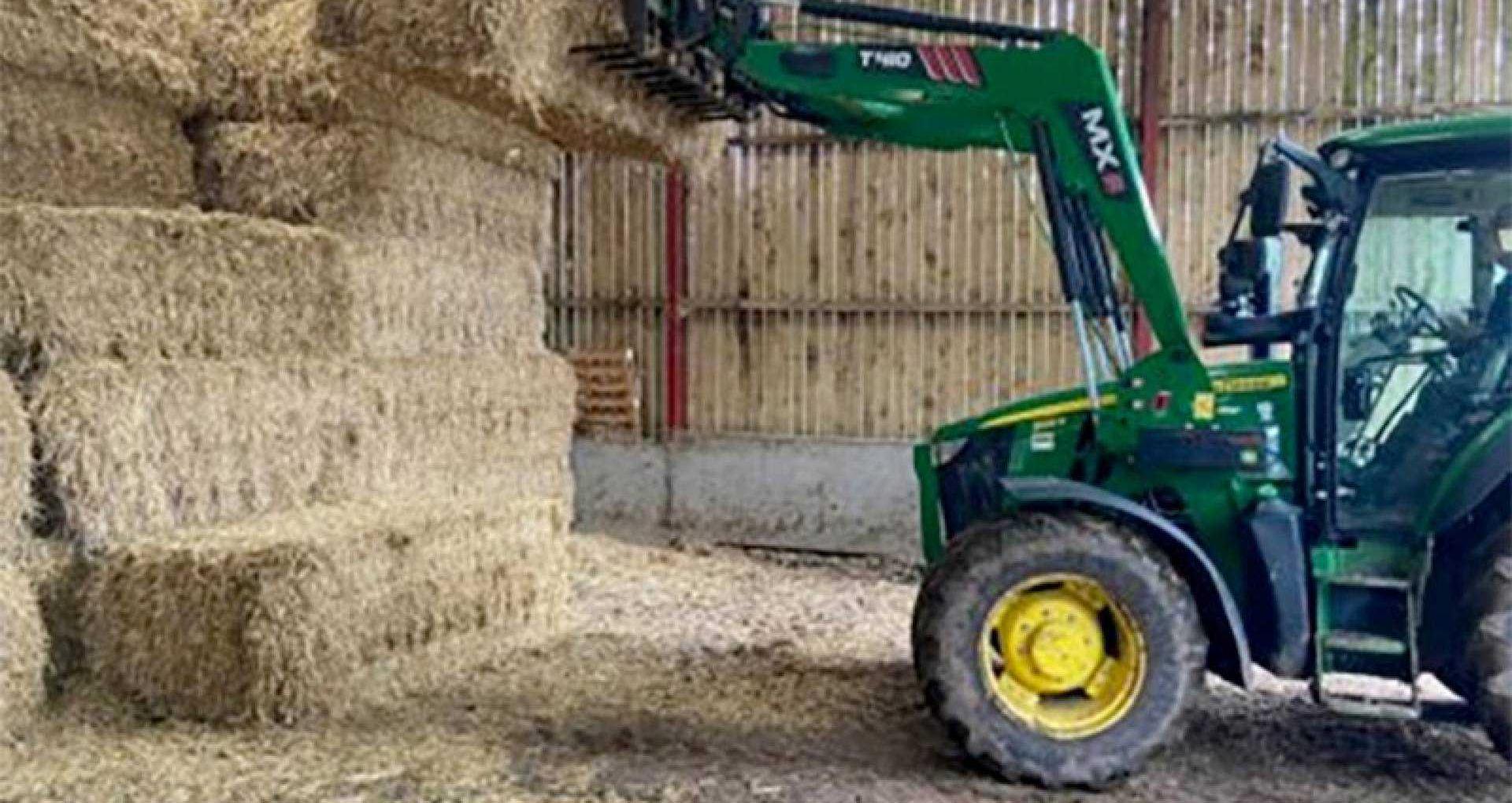
Under the brand of H&H Safety, we are working with IRM Safety, to promote farm health and safety in the agricultural sector. With recent figures announcing that 5% of farm workplace deaths are caused by falling bales, H&H Safety is keen to share vital tips for how to keep family and agricultural workers safe on the farm.
With farming a notoriously hazardous occupation, the hard work of baling is just one element of farm activity that can have fatal consequences. Neil Elsender, Managing Director of IRM Safety explains: “The farming community already knows that agriculture can be one of the most dangerous occupations and recent data shows that stacking and transporting bales is a significant safety risk. One of the main dangers of bale handling is being crushed or rolled over by bales, or getting trapped in tractors or other farm machinery when moving them from one place to another.”
Incidents involving bales are not uncommon, tragically resulting in 18 deaths since 2000: “Much of the work associated with bales can lead to fatal and serious accidents if not carried out safely. Considering their significant weight, and the inherent instability of stacks, precautions must be taken to protect farmers, workers and others in the vicinity during every stage of the bale handling.”
With this in mind, Neil sets out particular steps that will help reduce the likelihood of harm and injury.
Storage
Large round bales have been known to roll down slopes and cause harm, proving the importance of storing bales safely. Given the risks of heavy physical work, stacking requires skill.
This means making sure that bales are stacked safely in fields, farmyards, or buildings and:
- Stacks are not excessively high
- Stacks are built on firm, dry, level and freely draining ground
- Stacks are constructed with a wide base and that bales are in good condition ensuring sturdy foundation
- Maintenance of stacks should take place regularly – any that have become unstable should be rebuilt
- There is enough space to allow tractors, trailers, and other vehicles to manoeuvre
- Never overreach for bales and limit working to near edges
Transportation
Removing bales from the field and transporting them is also associated with health and safety risks. Falling from trailers during transportation or unloading is a common danger, which is why training in transporting and securing loads is so important. Therefore, the moving of bales must be planned in advance, and the job only carried out by a skilled operator who has thoroughly checked the appropriateness of the machinery.
To avoid dangerous working procedures:
- Plan routes over fields in advance and inform drivers of any rough ground, slopes, tracks and gateways
- Assess ground conditions and potential contact with overhead power lines
- Trailers must not be overloaded
- No bales should hang over the edges of the trailer
- The trailer must be secured even over short distances with suitable straps, and double straps at the rear of the load
- Always travel at a safe and appropriate speed
- Remember to consider the effect of the weight on the vehicle’s brake-capacity
“Farmers and their workers should review their systems for storage, handling, and training to prevent avoidable tragedies. Incidents occur in the field during baling and transport, during their storage and subsequent de-stacking and handling, for example, when bedding or feeding animals. Building awareness of better health and safety practices can reduce likelihood of accidents and help keep insurance premiums down for your farming business” concludes Neil.
H&H Safety is a health and safety support service for farm and rural businesses, and a partnership between H&H Insurance Brokers, specialists in rural insurance and IRM Safety, founded by Neil in 2006 as health and safety specialists.